
Marmara Islands Artificial Reef Project (Marmara Adalar? Yapay Resif Projesi), in collaboration with Akcansa and Heidelberg Materials, and consultancy of Bal?kesir University and Canakkale Onsekiz Mart University, has been completed. During the project, 160 of the total 280 artificial reefs were produced with 3D printers. This is the first major study conducted in the region, as reported by a local newsletter.
This project was conducted with the approval of the General Directorate of Fisheries and Aquaculture of the Ministry of Agriculture and Forestry of the Republic of Turkiye. The objective was to protect the sensitive ecosystem in the region and increase the biodiversity and fish population.
Artificial reef project
The Faculty of Marine Sciences and Technology at Canakkale Onsekiz Mart University has been researching artificial reefs since 2013. Their primary goals are to aid in the protection and growth of marine biodiversity, create a suitable environment for sea creatures in the region, and promote the growth of marine life.
In Turkey, many universities and local initiatives are working on artificial reef projects to improve marine biodiversity. However, concrete is the most commonly used material. The Marmara Islands Artificial Reef Project is the first to use 3D printing for artificial reef production.
Marine habitats have been severely affected by pollution and global warming, disrupting oceanic ecosystems. 25% of the world’s coral reefs have undergone irreparable damage, and two-thirds are endangered. In 2018, artificial bioactive concrete reefs were installed in the Mediterranean, showing promising results in the rapid colonization of local marine animals and plants. Further pilot projects are being conducted to expand the solution to other regions facing marine deterioration.
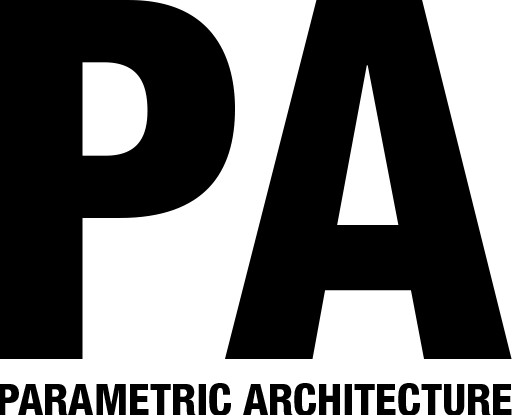



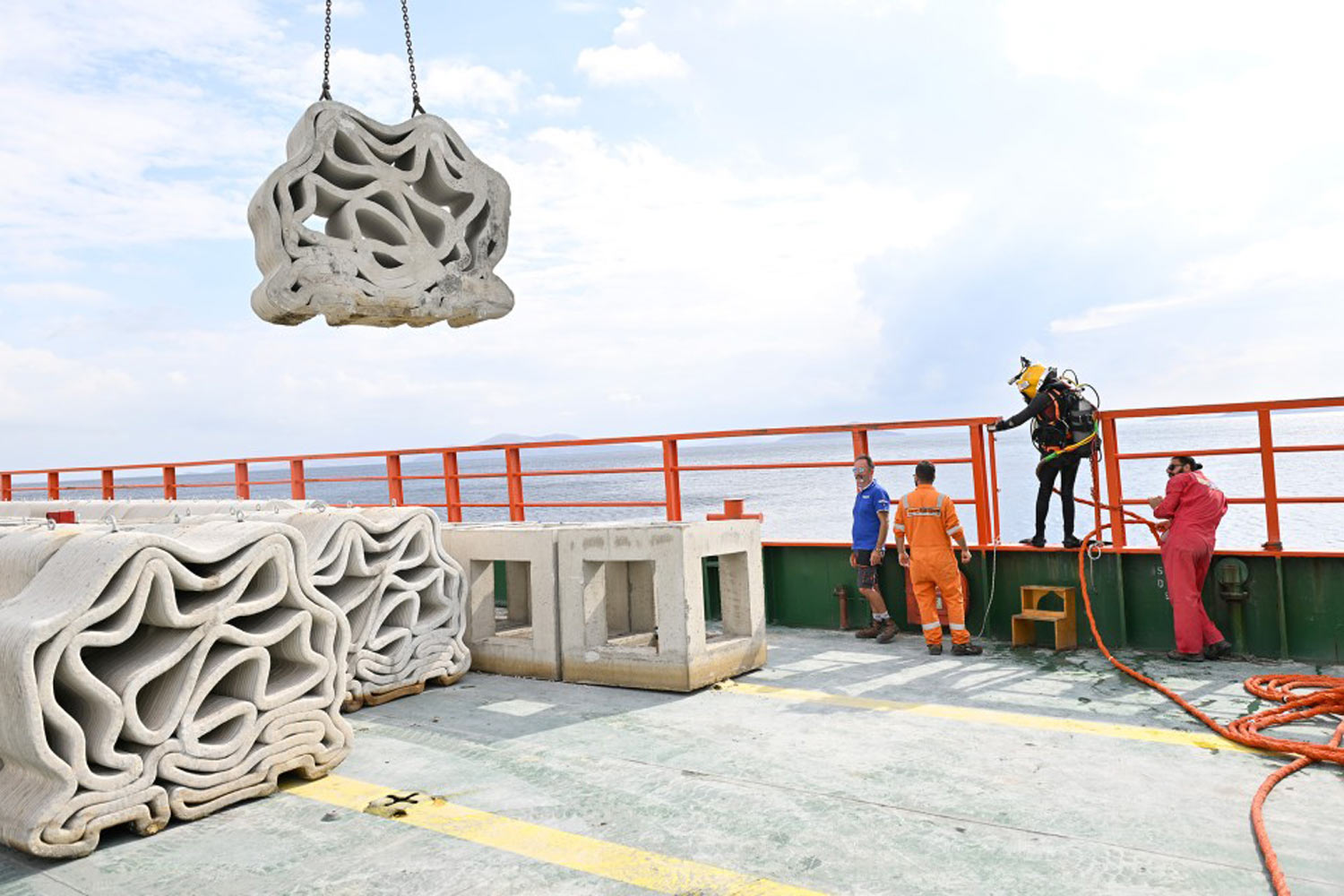

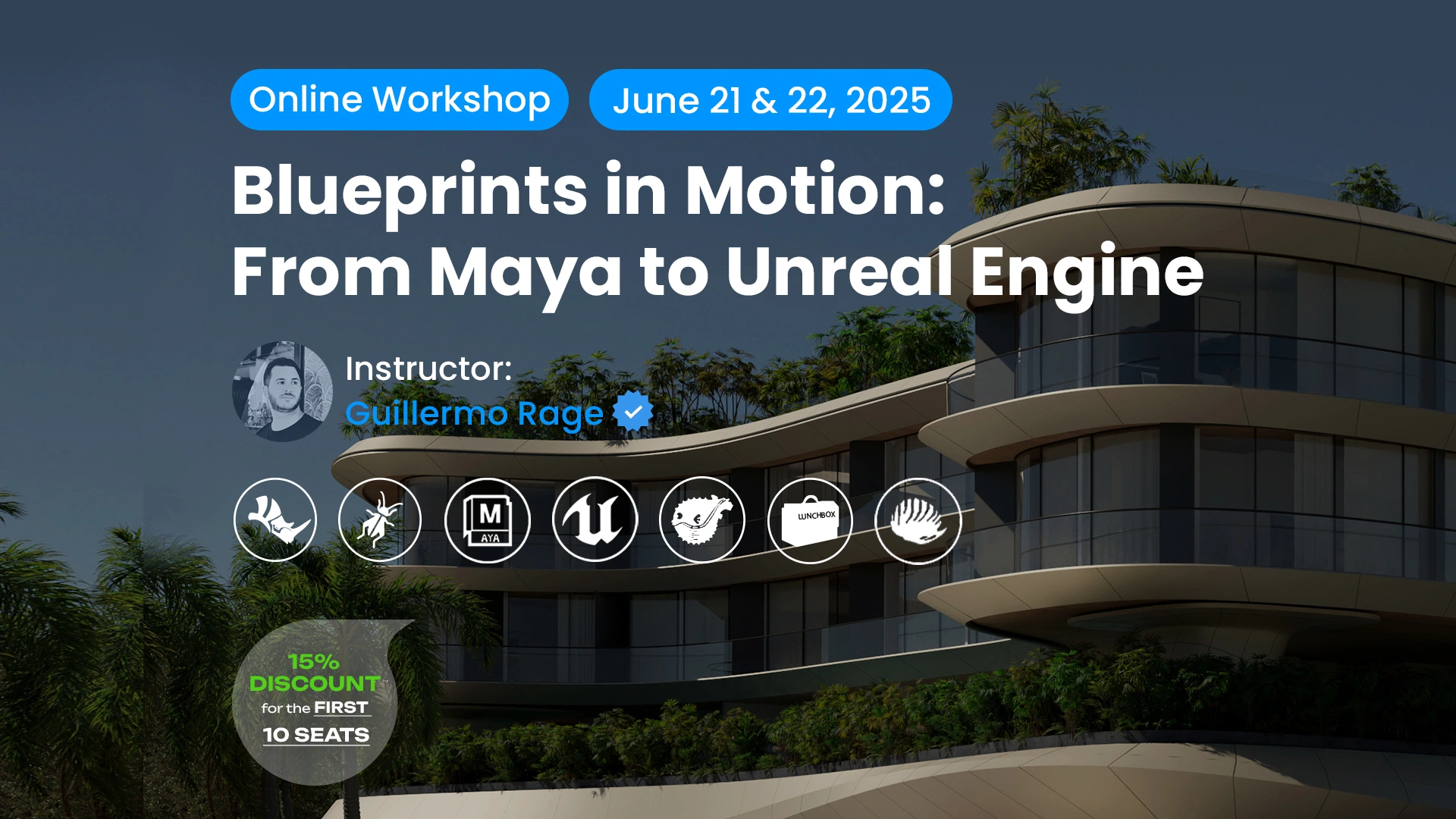
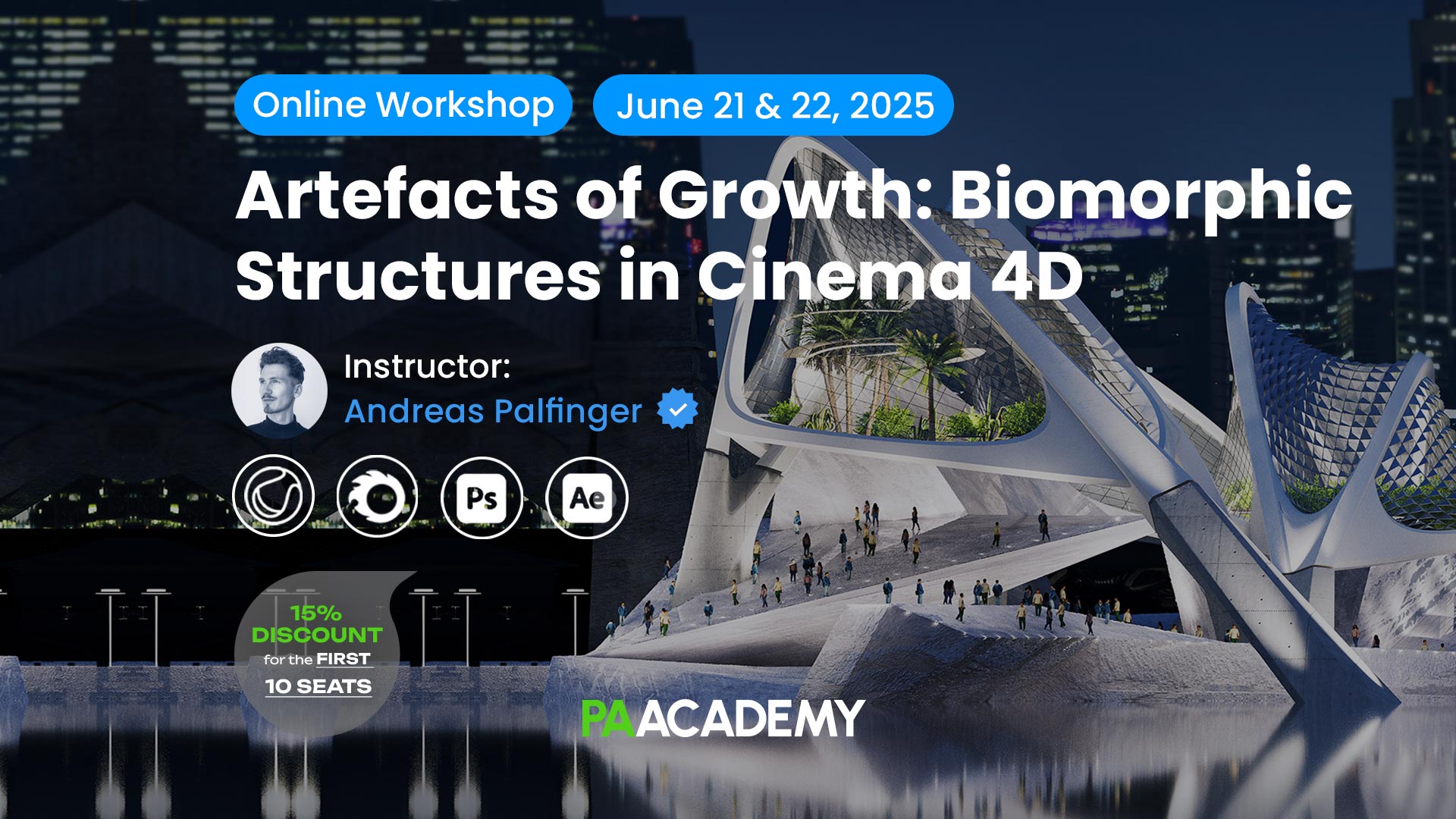

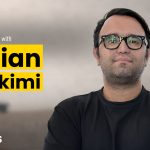


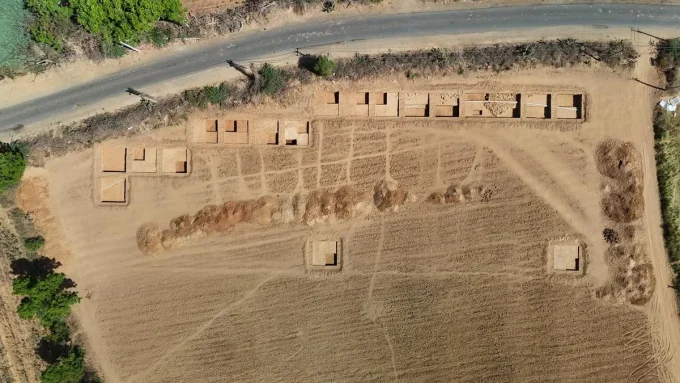

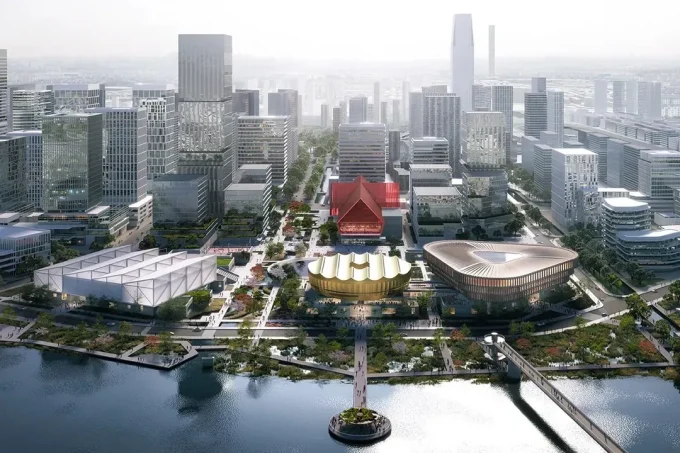




Leave a comment